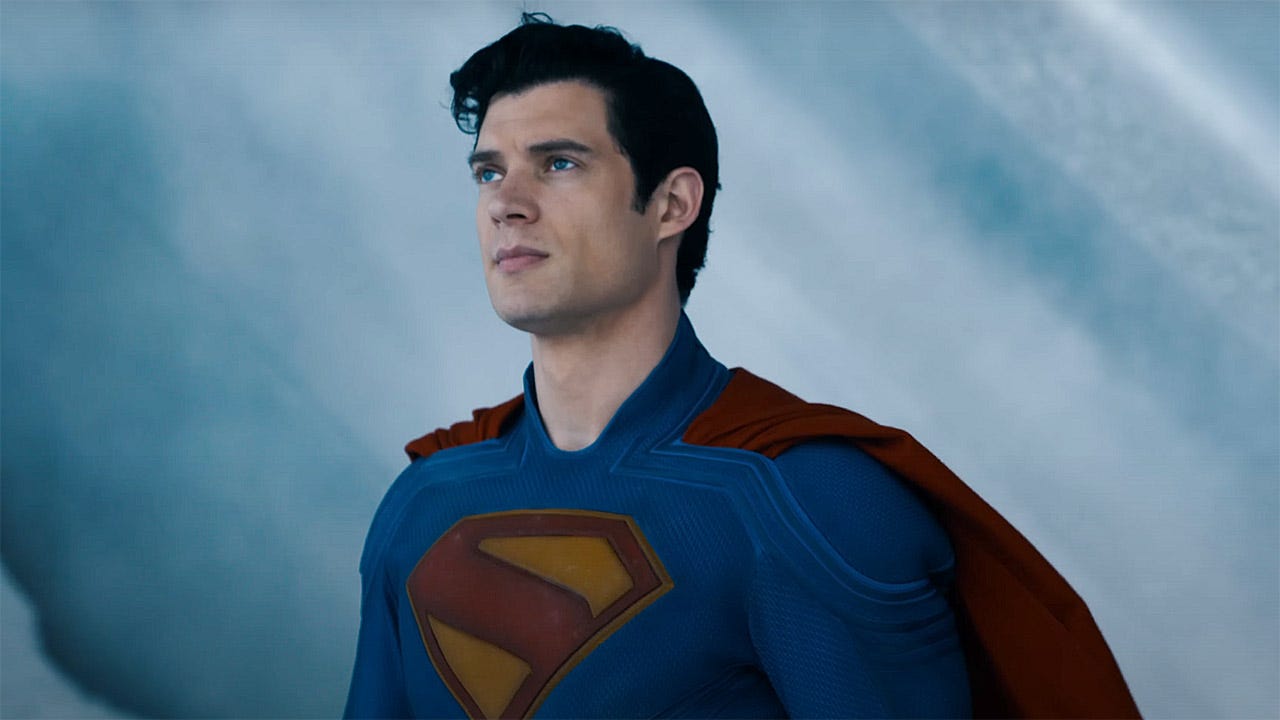The new Superman film is pro-immigrant, but it definitely isn't woke.
Sorry, culture warriors.
In 1939, William Patrick Hitler—Adolf Hitler’s estranged British-American nephew—published an article in Look magazine titled “Why I Hate My Uncle.” After the war, he quietly moved to Long Island and changed his name. He had four sons. And, reportedly, the four of them made a pact: none would have children. The Hitler bloodline would end with them.
It’s …



